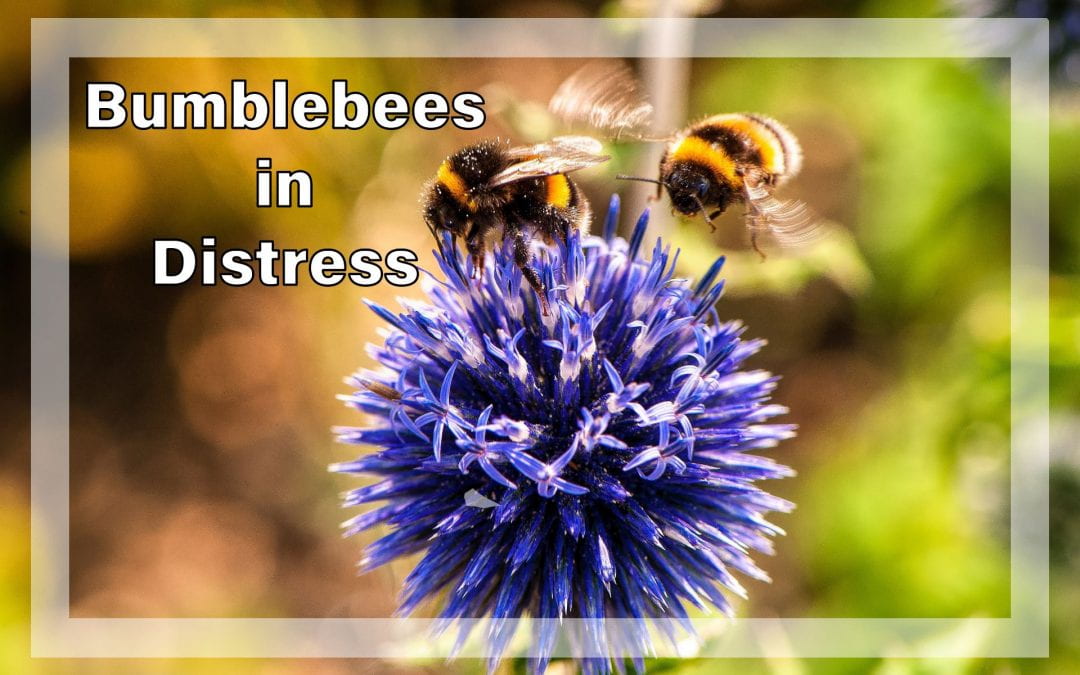So Bumblebees are some of the only other species of bee that form colonies, the other being bees in the Apis, or honeybee, family. However, bumblebee colonies are much smaller, usually, around 50 members per colony, as opposed to the tens-hundreds of thousands a honey bee colony may contain. They are also not domesticated, but are very docile in nature, as are most bees, provided you are not near the colony. They can be identified by their round fuzzy bodies, and are usually colored black and yellow, much more vibrant than the honeybee.
Bumblebees have a vital role in the environment. Much like honeybees, they pollinate many food crops. They are crucial to the environmental health of the areas they reside in. They also pollinate wildflowers and other native flora, that imported or non-native honey bees might overlook, ensuring that those wildflowers continue to add a much needed ecological variance to the environment.
The main reason for the bumblebee’s disappearance happens to be “climate chaos” or, in other words, a swiftly changing or inhospitable environment. Pesticides, habitat loss, and disease are also playing a role. As temperatures are beginning to climb to extremes in both directions, winters are colder, and summers are hotter, bumble beehives and the plants they rely on are dying off or are being driven away to colder regions. In a study authored by Peter Soroye of the University of Ottawa, bumblebee survival rates have dropped around 30% in the course of a single human generation, a percentage of decline consistent with what is considered to be a mass extinction event. Clearly, our fuzzy friends need some help.
Do you or someone you know keep bees? We want to hear your story! Pace University’s Pace Docs crew is in the process of producing a documentary about Urban Beekeeping, the latest in a series of award-winning environmentally and culturally relevant documentaries from our department. Contact us at paceudocs@gmail.com. And follow us on Instagram, Facebook, Twitter, and Tik Tok for more content!

